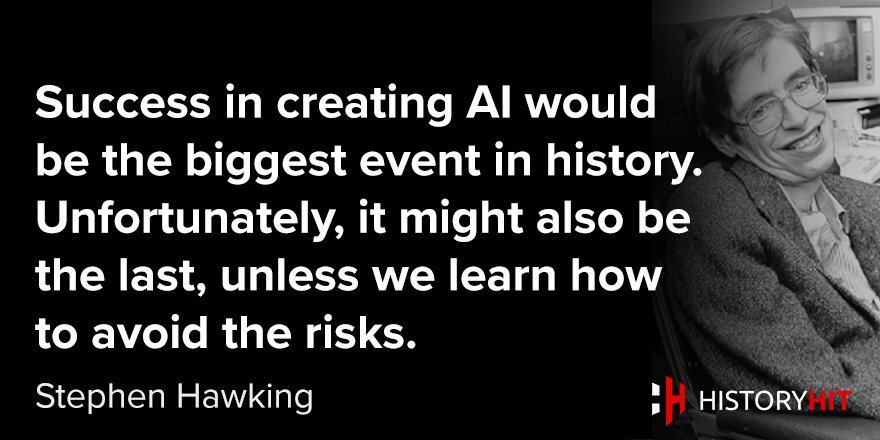How many of you would like to work under the machine? I mean machine as your boss?

It was July 2009. I came back to campus after completing my 3rd-year summer internship. While I was waiting for registration I was handed over the list of B Tech project. B Tech project is nothing but a year-long assignment given to the 4th-year student, which is generally completed in the penultimate week of the due date 🙂
While browsing through the project list, I found one out of the box project.
I went to the instructor and asked: Professor, seems there is some typo in this?
He looked at the paper and said- No.
He further asked: Do you want to take this up?
I said – No, No I do not have the brain to understand the brain.
He said: Give it a try.
I said, Okay.
Do you want to know the topic? “How Brain works?” that too for an engineering student.
The brain is such a complex subject that one cannot infer anything in 10-20 years. There are billions of neurons in our brain. Unlike humans where 60-70% come out to vote during the election, here 100% of neurons participate in the decision making. Unlike our government where ministries work in silos, the brain has a very coordinated government. For example, emotional decisions are always taken from frontal lobe taking inputs from all parts of the brain. It leads to trillions of interactions, and hence simple statistical analysis does not fetch any result. Advance techniques like a neural network, deep learning and AI are needed to crack the code.

And that is the reason why It took me 3 years to complete a small portion of the project. While my classmates were enjoying with their baby, I was writing a paper. When I submitted my paper in 2012, I was in the first year of MBA. Before that, I had already completed 2 years at Ericsson R&D. On the brighter side, my work got published in one of the best neuroscience journals.
Now when I think back, I realize the project was a trap, instead of 1 year it took 3 years from me and I suspect humans are also getting into the same. Getting into AI is a trap for humans, which we will realise later. I will explain this, why is it so?
Another day, I was watching an interview with Sophia. In that interview, The moderator, who was a human, was asking questions, after reading from the piece of paper while Sophia, who was the robot, was replying instantaneously without referring to any paper. She had better expressions than humans. She was witty at times and cracked jokes.
Some may say, the interview might have been scripted. Later when the floor was opened for the audience, then also she did a decent job. One of the questions was: what is your first memory? Any of us “human” can answer? I suppose No. We can’t. She replied: when she opened her eyes for the first time, she saw her developer David Hanson.
There is no doubt that these AI-based robots possess more information than that of the combined human race. With this progress, we are not far away from the sentient computer and the technological singularity will be the reality. Which means these humanoid robots will be self-dependent and will be capable of enhancing their code themselves without any human intervention. What it means, that these computers will learn at its own just like children learn from the environment.
But it’s not all rosy, Well known scientist, Stephen Hawking said in 2014 that “Success in creating AI would be the biggest event in human history. Unfortunately, it might also be the last, unless we learn how to avoid the risks.”

At the end of the day, these robots learn from the internet which is flooded with all kinds of information. Given the advent of social media, negative thoughts have taken precedence of positive ones. What if, these regenerative robots learn the negative aspect of life from the internet and become evil. They will reduce human to secondary being of the same earth. Which is scary!
As was told in the movie Transcendence, I would like to iterate that, I spent 3 years of my life trying to reduce the brain EEG signal to a series of electrical impulses. I have learned that the human brain can reconcile the conflict. Even if we are not happy with someone, we can still like him/her. And this is the beauty of Human Emotion. The machine cannot do that even in the long run. So its time, we need to start thinking, the way we are doing for Environment and Corona.
All images are sourced from https://www.pexels.com.
For more details, can refer to my paper here – https://journals.plos.org/plosone/article?id=10.1371/journal.pone.0043351
The instances given here are slight changed to suit the flow of the story.
